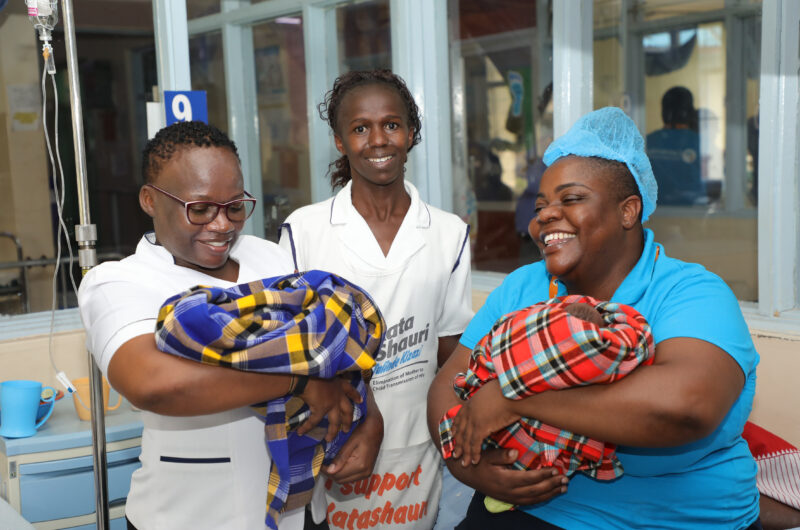Tinotenda Manyere, a trained nurse and midwife from Zimbabwe, works at Cambridge IVF fertility clinic – part of Cambridge University Hospitals NHS Foundation Trust (CUH). She spent a month in Kenya supporting fellow nurses, midwives and mothers to implement infection prevention control practices to help reduce maternal and neonatal deaths.
“My passion for maternal and neonatal health inspired me to get involved in global health. I joined the Kakamega-Cambridge Health Partnership in Kenya where I was based at Kakamega County Teaching and Referral Hospital (KCTRH) for a month. I was involved in the Maternal and Neonatal Health project, which is improving the management of sepsis within the maternity and neonatal departments at KCTRH, with a strong focus on antimicrobial stewardship practices and infection prevention control. This is important in all health sectors and departments and is a prerequisite in all areas of health.
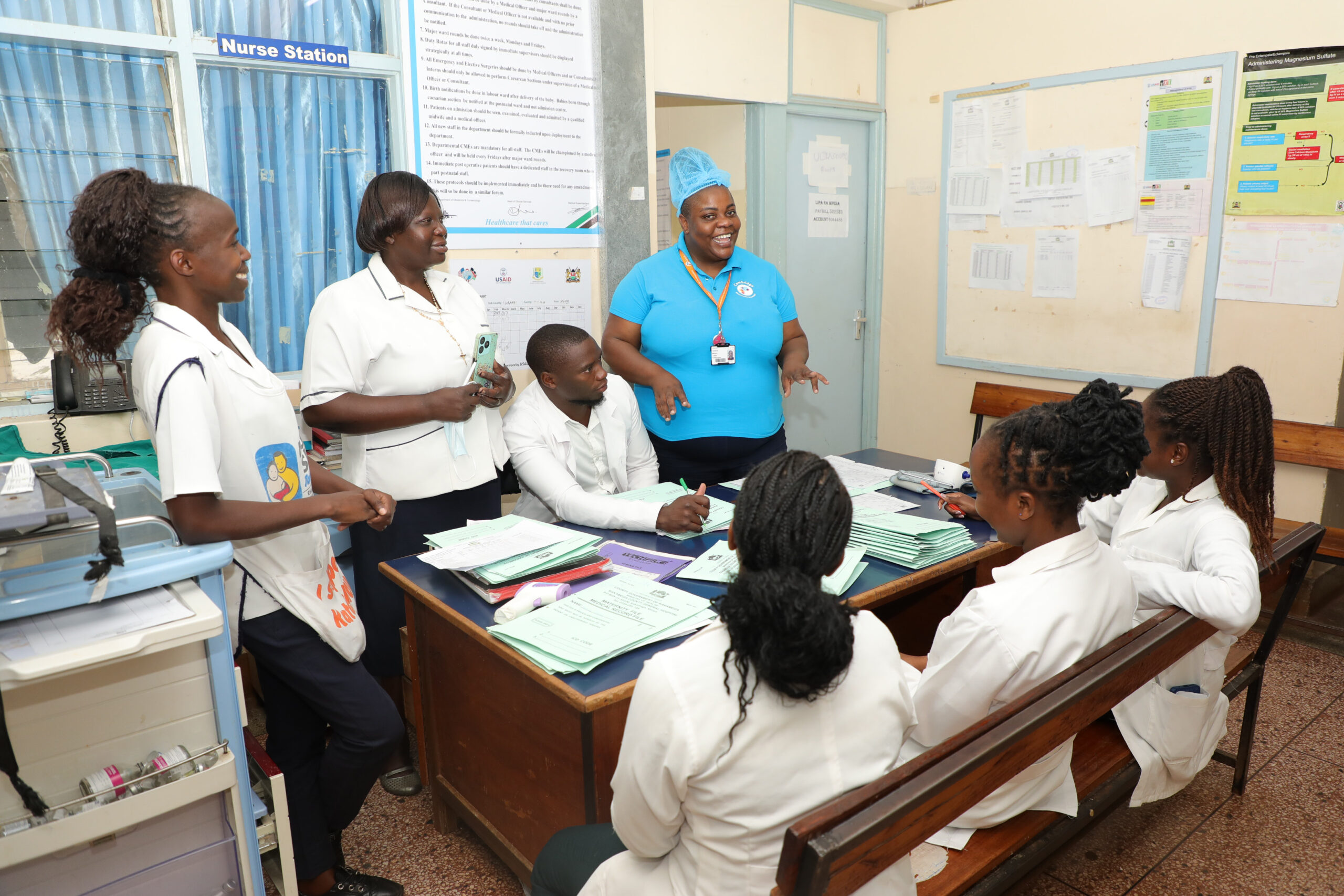
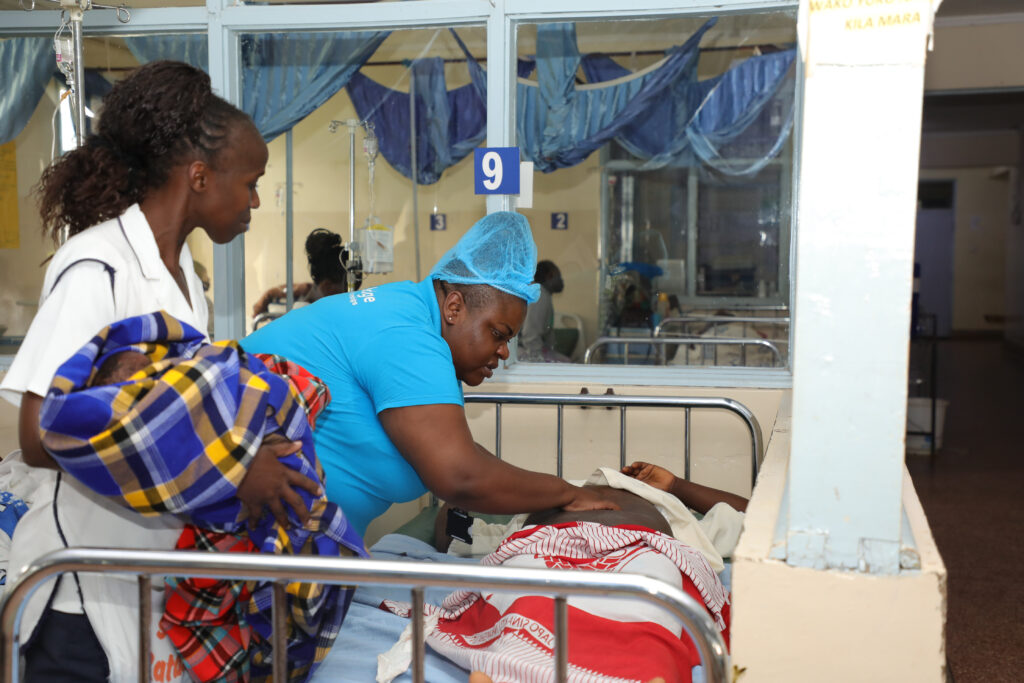
My focus was on Maternal and Neonatal infection prevention control (IPC) and I was able to use my skills, experience and expertise to change a lot. The biggest impact I had was reminding my fellow nurses and midwives of the importance of using aseptic techniques for specific procedures and the impact of taking short cuts when carrying out procedures. The aseptic technique prevents contamination from bacteria and viruses by applying strict rules during medical procedures to minimise the risk of infection. I gave them insight into the complications that could develop without following these rules, including having to nurse patients a lot longer. I tried to involve everyone in the training, even the cleaner, recognising that everyone is part of IPC measures.
Before I arrived the staff were using five litre disinfectant bottles which were heavy and difficult to pick up, so therefore not always being used. I negotiated with the laboratory to get a supply of smaller, easier-to-use bottles, which the maternity department could fill with disinfectant solution. They are still using these bottles today.
I also tried to pass on IPC practices to the mothers, for example the importance of wearing clean gowns and washing their hands before entering the neonatal unit to prevent any infections being transferred to their babies.
By the time I left, almost everyone was trying to follow IPC protocols.
Being in an environment where the mothers would appreciate the little that you would do for them, as well as being allowed to exercise your expertise without limitations, was the best experience ever.
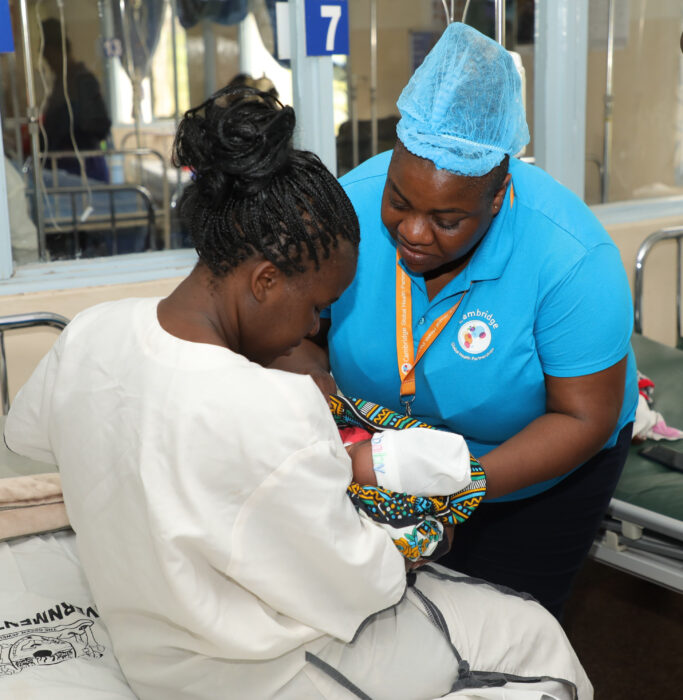
Adjusting to a totally new environment to suit the people working there was a bit challenging, but my colleagues were very supportive. Language was another barrier when you want to talk to patients as I only knew the basic words.
Personally, the experience has made me more resilient, and I reflected more on my social and moral values. It was an opportunity to see the other side of nursing and realise what a privilege it is to work in the NHS where we are fully resourced. Professionally the exchange of experiences and skills in a different environment was good for me. I had to do more critical thinking to think of ways around the limited resources available and still try to deliver our goals.
The impact of my involvement will be better use of infection prevention control measures that will help to reduce maternal and neonatal morbidity and mortality. I also encouraged my Kakamega colleagues to see nursing as a calling, not just a job.
I would recommend global health work to my peers because we can offer low-income countries a lot in terms of our knowledge and resources. Looking ahead I will continue to offer my time, experience and expertise to be placed anywhere where there is need.”
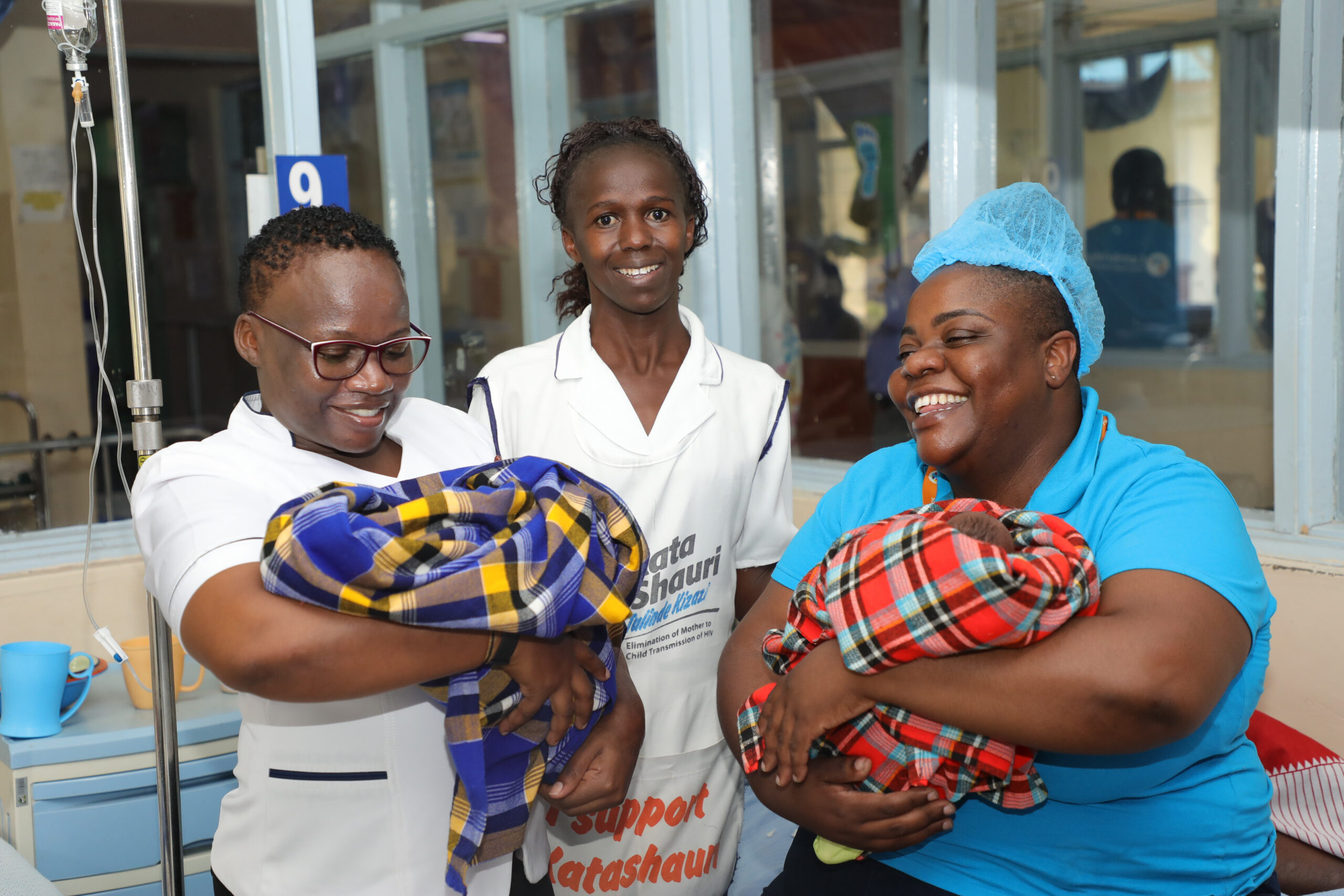
Find out more about the Kakamega-Cambridge Health Partnership, or contact us at info@cghp.org.uk
Return to blogs

